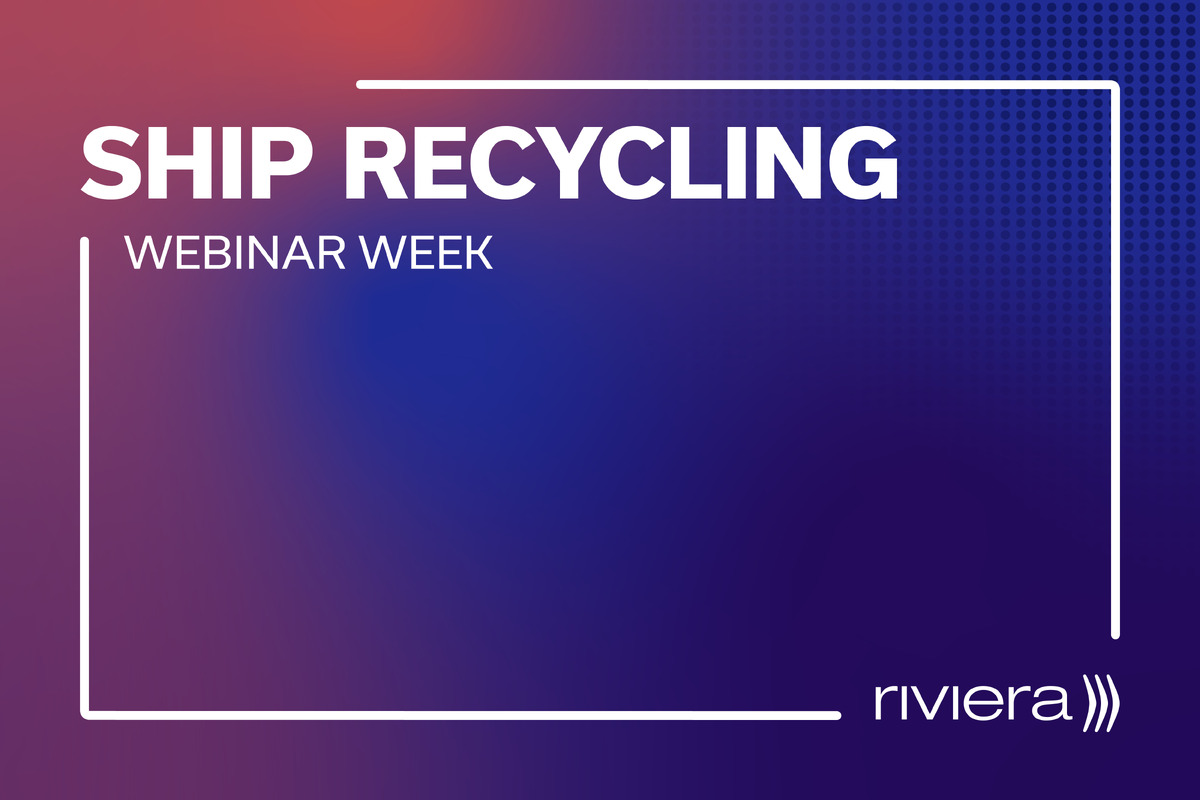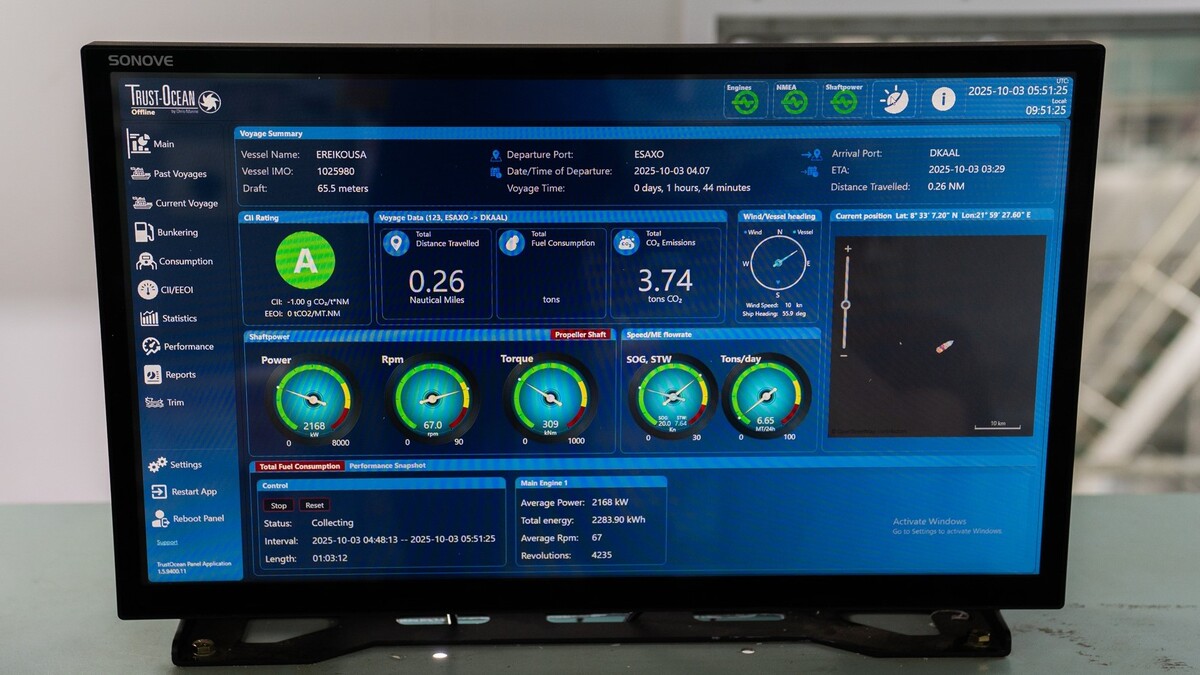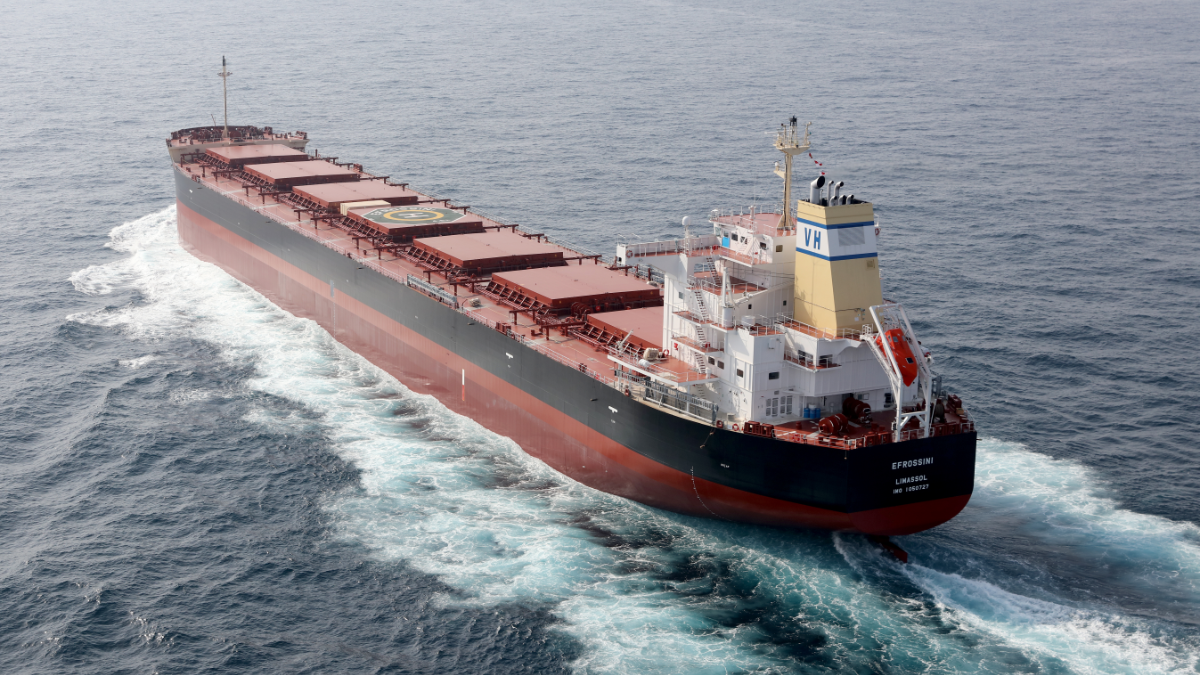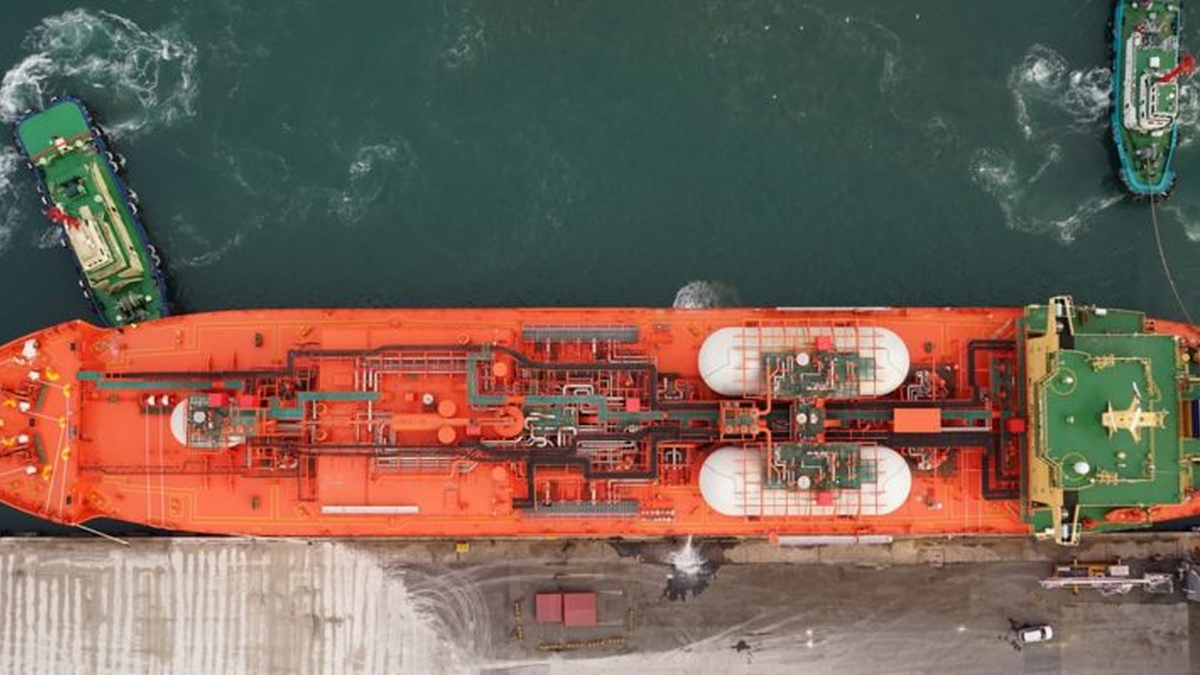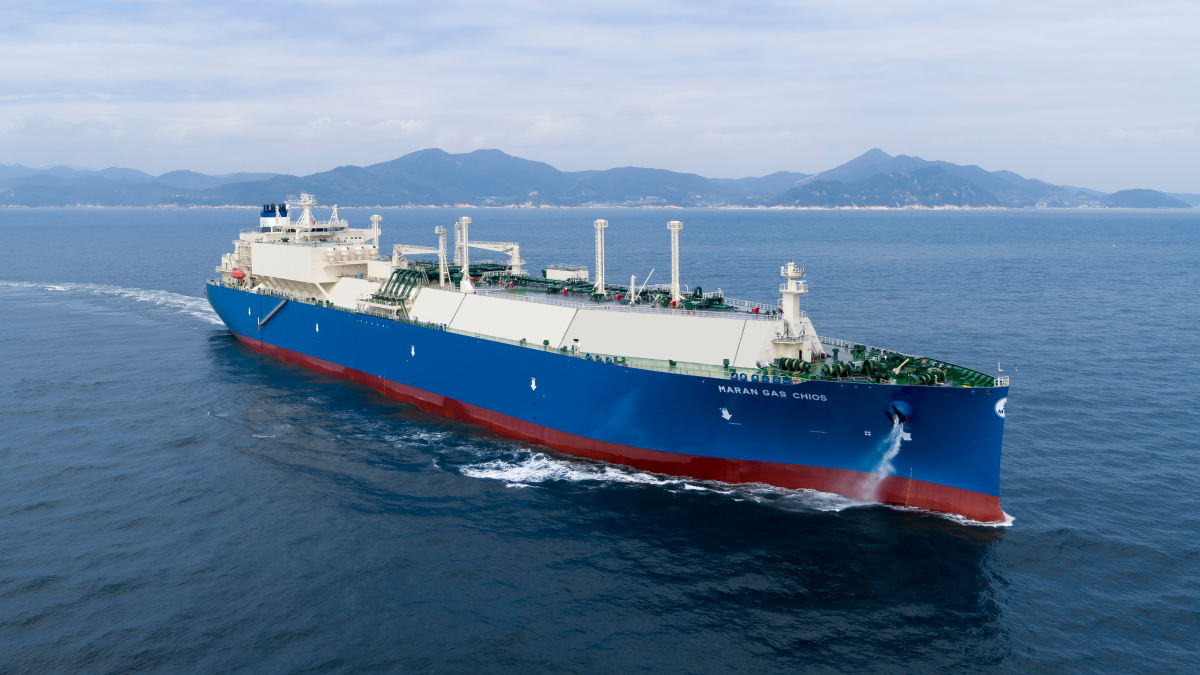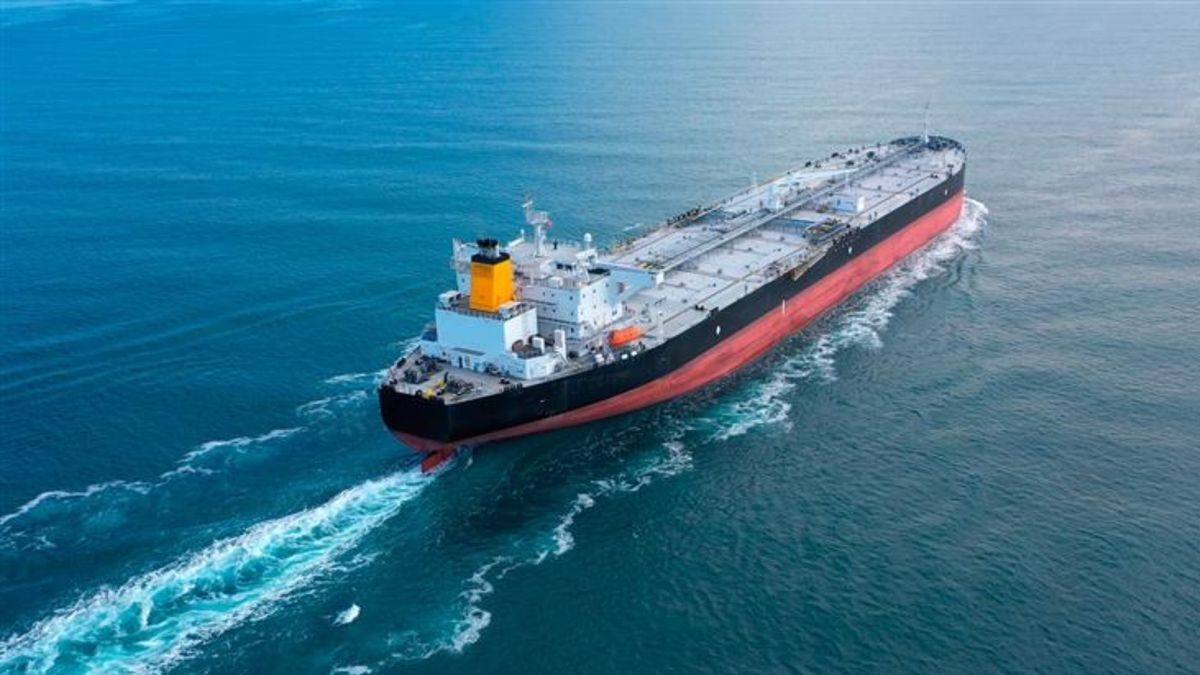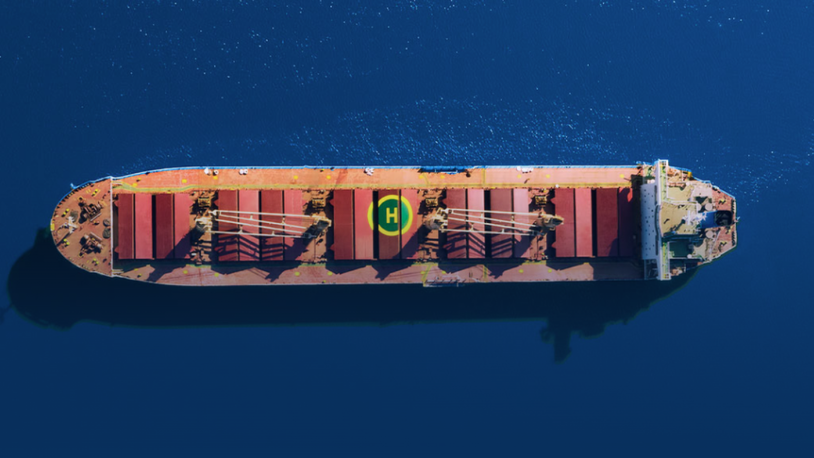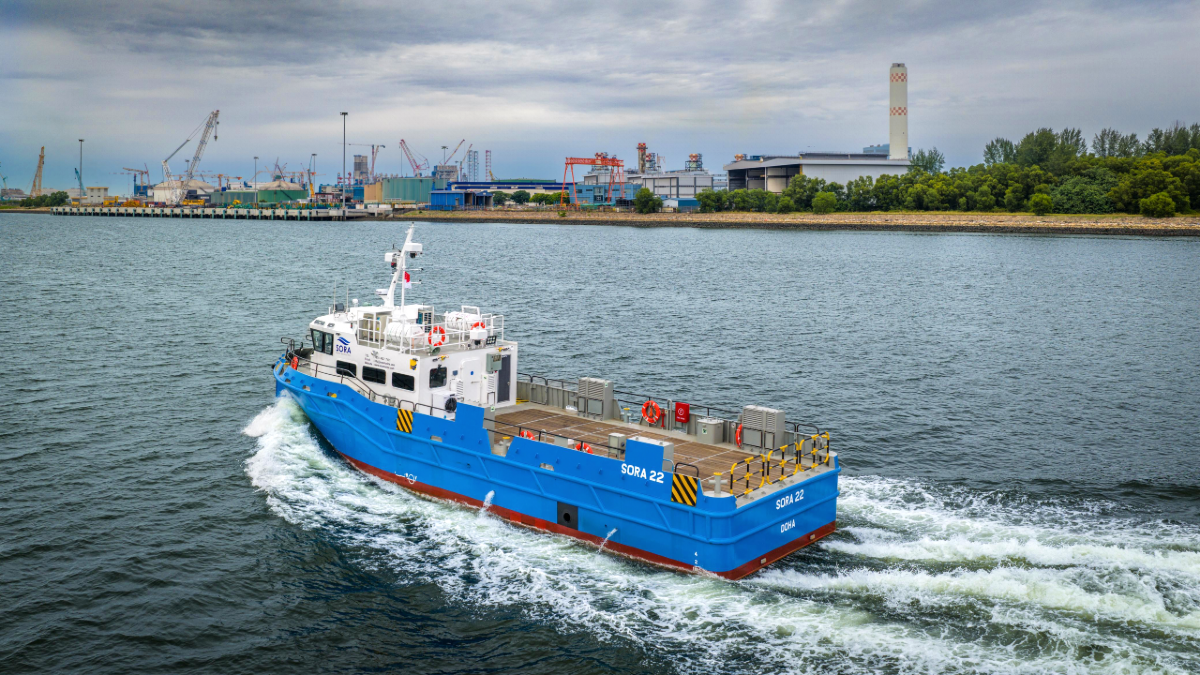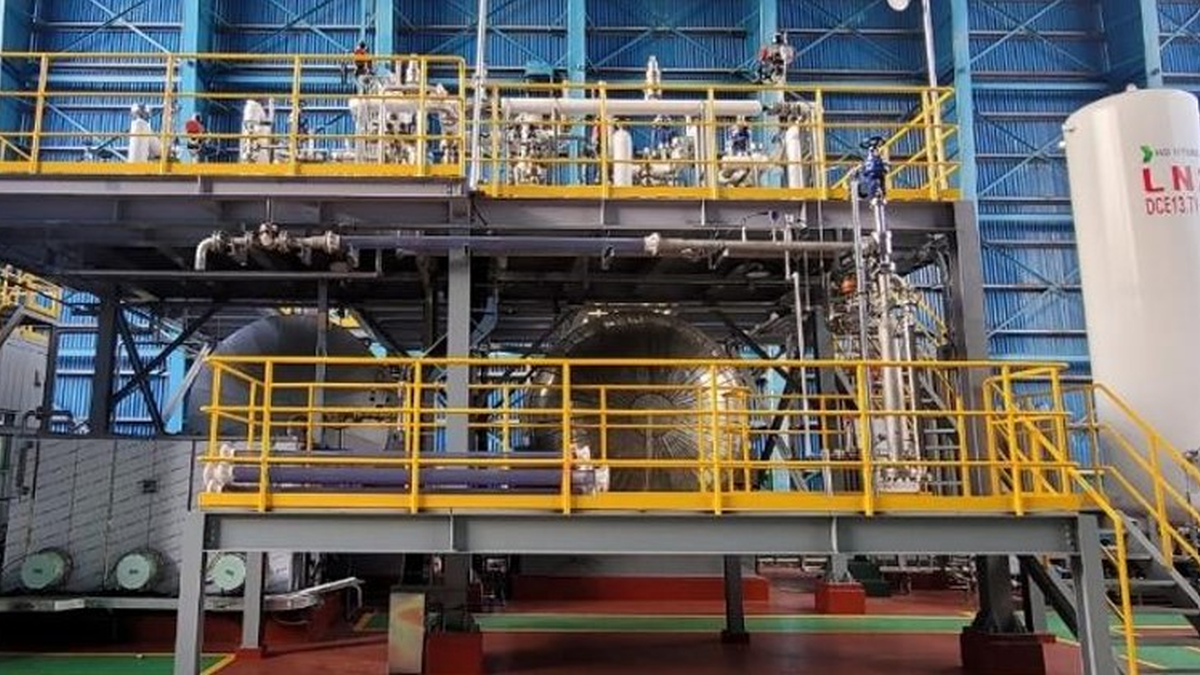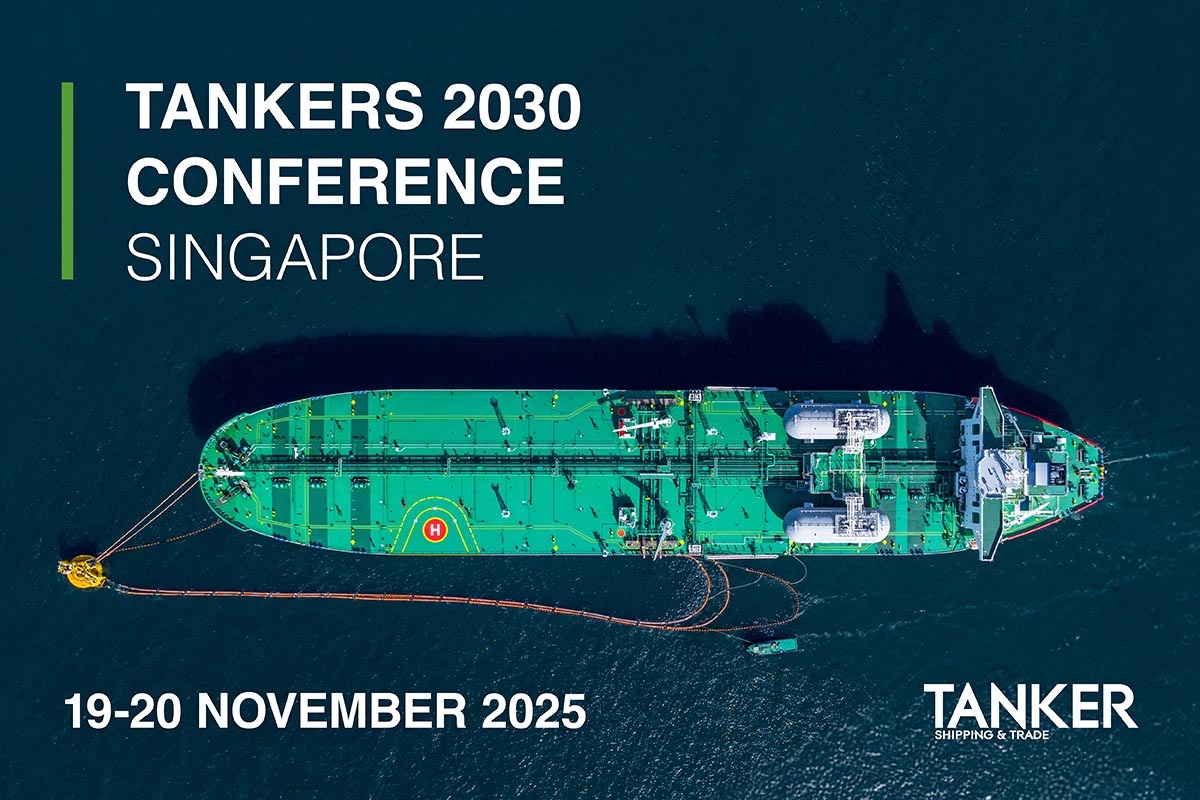Business Sectors
Events
Ship Recycling Webinar Week
Contents
Register to read more articles.
Safe Bulkers reports improved carbon intensity and eyes 'green' technologies
Polys V Hajioannou-led Safe Bulkers has reported an improvement in the carbon intensity of its fleet over the past year, while exploring alternative fuels and new technologies aimed at further reducing its environmental impact
In 2024, the US-listed owner reported a 6.1% year-on-year decrease in its fleet’s annual efficiency ratio (AER), according to its ESG report released in early June. AER assesses fuel efficiency by factoring in the total fuel consumption, distance travelled, and the ship’s deadweight over the course of a year.
Safe Bulkers noted this result was achieved by maintaining its carbon footprint at the same level while increasing the fleet’s transport work by 7.1% compared with the previous year.
Total CO2 emissions from the company’s fleet rose 0.5% year-on-year, primarily driven by the performance of its Kamsarmax vessels. In 2024, these ships sailed 56.4% more nautical miles, largely due to a fleet expansion from 10 to 14 units. This led to a 38.8% increase in CO2 emissions from the Kamsarmax segment.
Regulatory landscape
Mr Hajioannou emphasised the publication of the ESG report coincides with a landmark regulatory development: the approval of the global fuel standard (GFS) by IMO’s MEPC 83. He described the framework as a “decisive shift in global environmental legislation towards decarbonisation.”
Despite some uncertainty surrounding implementation timelines, Mr Hajioannou noted companies embracing technological advancement are likely to gain both operational and commercial advantages over an ageing global fleet. He highlighted the importance of investing in modern tonnage, upgrading the energy efficiency of the existing fleet and advancing the use of alternative green fuels.
In terms of regulatory compliance, Safe Bulkers confirmed none of its vessels received a D or E rating under the carbon intensity indicator (CII) scheme in 2024.
Fleet renewal strategy
The company is actively pursuing a fleet renewal strategy involving newbuilds and selective secondhand deals, alongside energy efficiency upgrades for existing vessels.
Safe Bulkers was among the first to sign newbuilding contracts for dry bulk tonnage – prior to the recent wave of orders – with an original orderbook of 18 vessels. The renewal programme is expected to be completed by 2027, with six vessels still pending delivery. Between 2021 and 2024, the company sold 14 older vessels with an average age of 14.5 years and replaced them with seven newer ships with an average age of 9.2 years.
As part of its existing fleet upgrade initiative, Safe Bulkers has applied low-friction paints and installed energy-saving devices on 28 vessels, with completion expected by the end of 2025.
The company’s total investment in environmental upgrades – including newbuilds – amounted to US$546.6M between 2018 and the end of 2024.
Methanol and innovation
Looking ahead, Safe Bulkers is closely monitoring the evolution of alternative fuels and emerging green technologies. The company has already ordered two methanol dual-fuel bulk carriers, aligning with the FuelEU Maritime regulation and the IMO’s recently approved net-zero framework, while also analysing other potential future fuels such as ammonia and hydrogen.
Its research and development team is also evaluating several innovative solutions at the pilot stage, including onboard carbon capture and storage systems, air lubrication and wind-assisted propulsion.
Safe Bulkers currently operates a fleet of 47 bulk carriers with a combined capacity of 4.7M dwt and an average age of 10.1 years, excluding the six vessels under construction.
Sign up for Riviera’s series of technical and operational webinars and conferences:
- Register to attend by visiting our events page.
- Watch recordings from all of our webinars in the webinar library.
Related to this Story
Events
Ship Recycling Webinar Week
International Bulk Shipping Conference 2025
Tankers 2030 Conference
Maritime Navigation Innovation Webinar Week
© 2024 Riviera Maritime Media Ltd.
